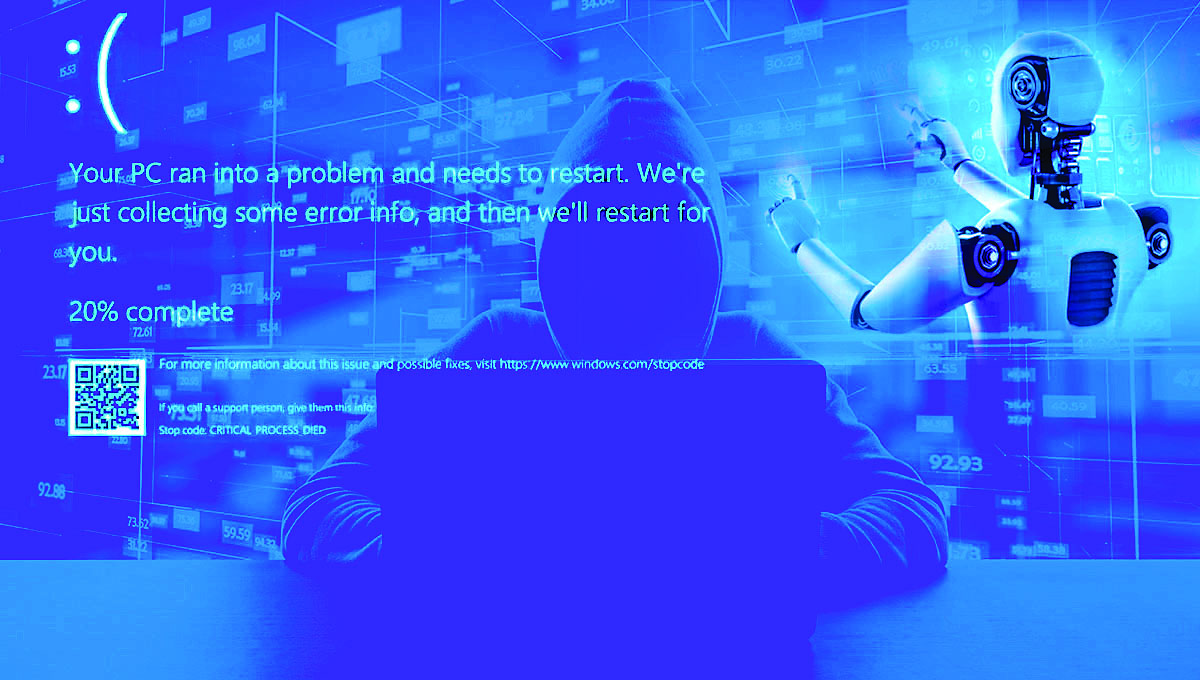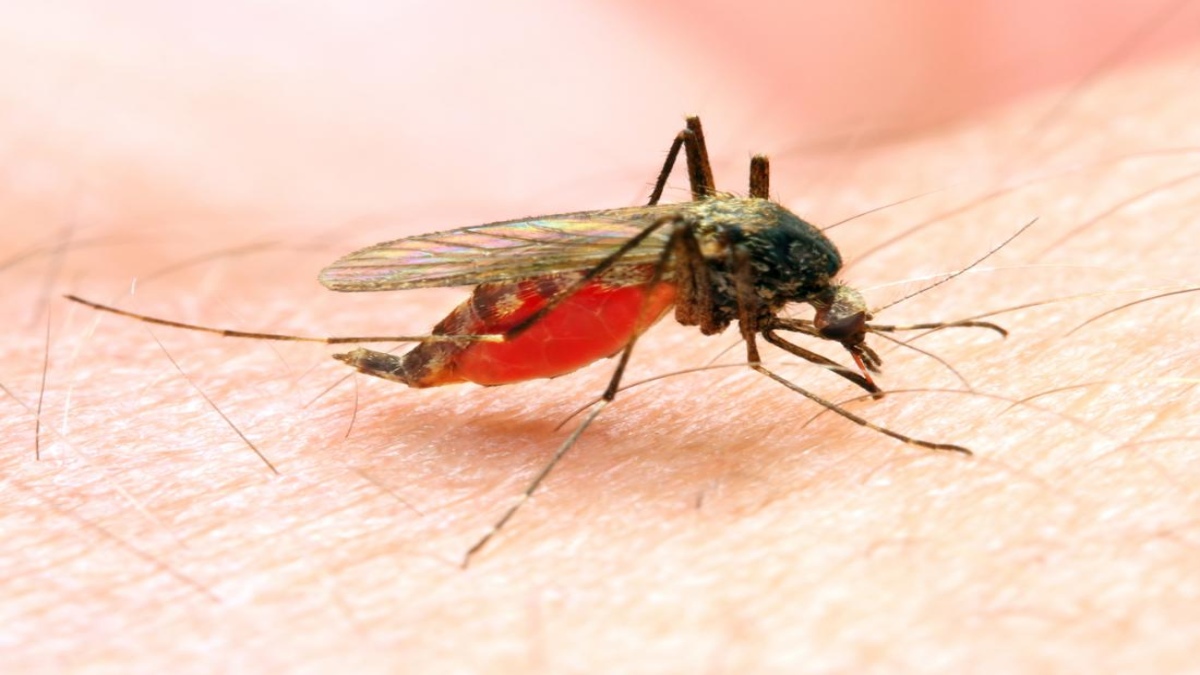
What happened on Friday with the world’s largest computer operating system reminded me of an old saying: “When the fence itself starts eating the crops, who will guard them?” That’s exactly what happened. No one launched a cyberattack on Microsoft, no one hacked the system, but millions of systems around the world froze. In this age of technology, such a massive outage paralysed the operations of banks, airlines, major companies, hospitals and key establishments. This incident has raised many serious questions for the future.
Let’s first understand in very simple terms what happened. Every computer user fears the possibility of a virus or a cyberattack, so they use cybersecurity systems. There is a company called CrowdStrike Falcon headquartered in Austin, Texas (USA), and its software operates in the background on corporate systems, detecting any virus or cyberattack. It is believed that one of the over 10,000 employees of this company prepared a software update and released it. As soon as the update appeared on computers, people naturally accepted it. With this, the computer screen turned blue. In computer language, this is called the Blue Screen of Death, meaning the computer became useless. Microsoft’s operating system is the most widely used system, and Microsoft uses this CrowdStrike cybersecurity, which is why panic spread worldwide. In India, more than 200 flights were affected. In the US, the number was in the thousands. Rail and air passengers in the UK faced troubles. The stock market was not spared either. TV broadcasts in many countries stopped. In India, airlines were forced to issue handwritten boarding passes. In Zurich, planes couldn’t even land. Flights were disrupted in Australia, Hong Kong, Thailand, Hungary, Italy and Turkey too.
Had this been a cyberattack, it might not have been as worrisome because the entire world is working to counter cyberattacks. The problem is that the system designed to counter cyberattacks itself turned out to be suicidal. The question is, wasn’t the update checked before being released? A single employee couldn’t have released such an update alone! A major oversight has occurred. Suppose in the future, an even bigger mistake occurs, what will happen then? This question is extremely serious because we are becoming increasingly dependent on computers for our daily needs. While it has undoubtedly made our lives easier, such security lapses make it feel like there’s a devil lurking over computers. You might not have forgotten the aftermath of tsunami. When the tsunami hit Japan, the power snapped and people couldn’t open their automated homes, trapping thousands inside. Many lost their lives too.
You would be surprised to know that India ranks first in cyberattacks. According to the report of application security company Indusface, in 2023, Indian websites and apps faced an average of more than 10 million cyberattacks daily. Attacks came from every part of the world, but it is believed that North Korean and Chinese hackers top the list and they are capable of targeting any computer in the world. Certainly, most of these cyberattacks were minor ones and thwarted by security systems, but some major cyberattacks did trouble India. You might remember that several major hospitals in India, including AIIMS, were also targeted. The report also stated that 100% of healthcare websites and 90% of banking, finance and insurance websites faced cyberattacks. Even defence sites were attacked. The most concerning fact is that about 40% of large industries in India are unable to prevent these cyberattacks. Cyberattacks and ransom demands are increasing.
Hackers attack a company’s computer system, hack it and then demand a hefty ransom to return the data. The amount paid is not disclosed as no one reveals it. Certainly, we are not alone in suffering from these cyberattacks. The US experts estimate that the damage from cyberattacks will exceed $9.5 trillion in 2024. The governments of countries like the US and India maintain their own storage systems, but private companies use others’ storage systems, making them easy targets.
One concern that bothers me greatly is whether we are moving towards the kind of fiction we see in Star Wars movies. If yes, those battles will be fought with computers. Are we ready for that? Are our robots ready? I believe that a man will remain in his place but his powers will be controlled by computers. Our new generation must intensely prepare for this, both for self-defence and, if necessary, for offense. This is a significant challenge for our scientists.
The author is the chairman, Editorial Board of Lokmat Media and former member of Rajya Sabha.














